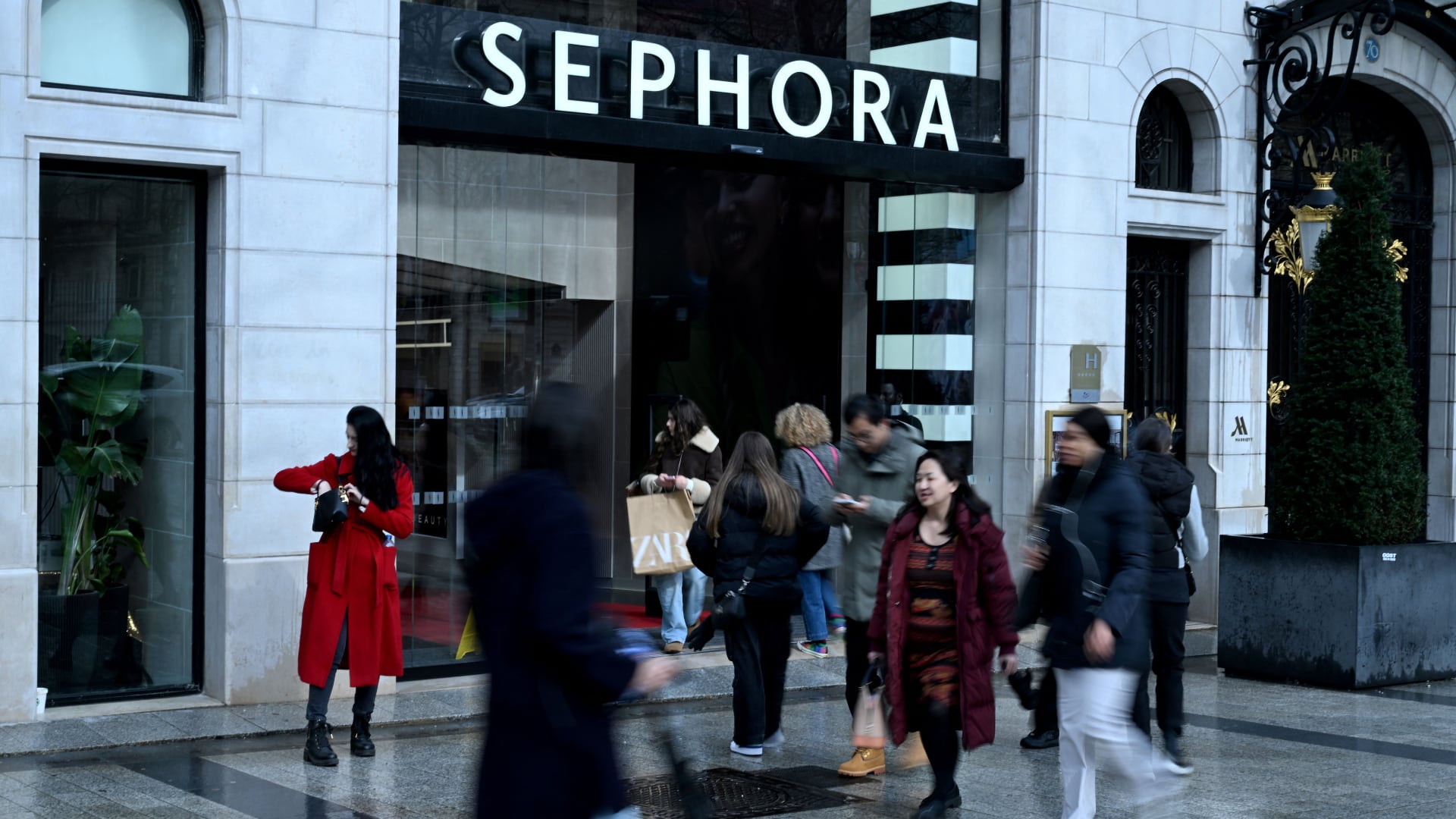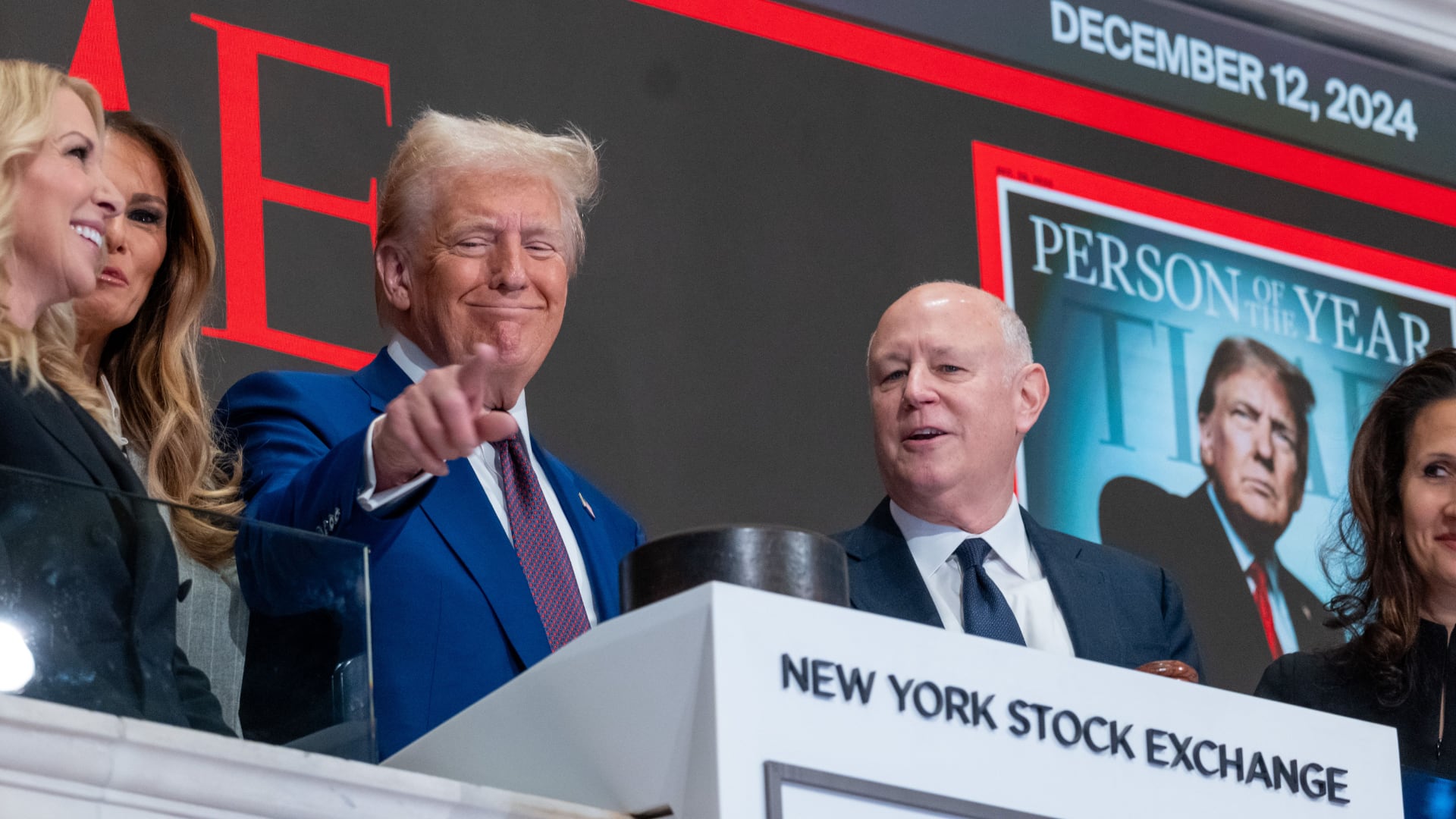As Cheddar reflects on Women's History Month, the accomplishments and progress gained by women trailblazers in a diverse array of industries followed some common themes. One is that many of our guests shared that, as a society, there is still much to improve on when it comes to opportunities in business.
Gender Parity
The fact of the matter is that men still dominate a number of industries and sectors across the U.S. and change will have to start at the top. For the Biden administration, leveling the playing field has been one of its top goals —- even before taking control of the White House. As a result, the Gender Policy Council was established to forge a path of gender equality when creating domestic and foreign policy. Cheddar spoke to Jen Klein, co-chair of the White House Gender Policy Council, about President Joe Biden's commitment to gender equity and the historic moves he's making to achieve that goal.
Microsoft U.S. President Deb Cupp was another newsmaker for Cheddar during Women's History Month. Her ascent to head up Microsoft's U.S. business is a testament to the progress companies — particularly tech — are making. Cupp laid out for Cheddar three major personal principles she lives by that other women looking to move up the ranks within their organizations can adopt for their careers: Ground Yourself on Impact, Rely on a Personal Board of Directors, and Be an Ally. "Holding ourselves accountable to our commitments — understand where we are making progress and what we have to do more of. Even though the D&I report is only a moment in time, we're practicing, learning, and growing every day at Microsoft," Cupp told Cheddar.
Gender Pay Gap
The gender pay gap was perhaps one of the most common issues to come up during Women's History Month. It is a topic that has existed for decades and has been extremely slow to turn the corner toward equity. In 2020, the average salaries for women were just 84 percent of an average man's salary.
Spotlighting the pay gap in sports, four-time WNBA champion Sue Bird joined Cheddar to discuss what it took for her to hoist up the trophy, which included taking a pay cut in order to bring in more talent. In the WNBA, women play under a salary cap of $1.3 million whereas, in the NBA, the cap for the men is expected to hit $121 million during the upcoming 2022-23 season.
Being the daughter of a basketball Hall of Famer and four-time NBA champion also doesn't exclude you from experiencing the woes of inequitable pay. For Shaquille O'Neal's daughter, Amirah 'Mimi' O'Neal, the hope for her is that with the NCAA clearing the path for student-athletes to begin making money from their name, image, and likeness (NIL), the gender pay gap might start to narrow. Male college athletes on their way to the pros have historically had an easier path toward financial freedom, but perhaps with NIL deals, female college athletes may begin to have more leverage. "We need more deals for college women's basketball, more deals for HBCUs, and more opportunities for women that want to make an impact. It's all about steps for the next generation of NIL, and eventually, that [pay] gap will close," O'Neal told Cheddar.
Self Love/Acceptance
It isn't uncommon for women in the workplace to feel unseen, unheard, and have their contributions to an organization unrecognized. It was another common concept that kept rearing its ugly head over the course of Women's History Month — but it is also one that can be changed. Broadway actress Andrea Macasaet joined Cheddar to discuss the hit show 'Six' and to talk about encouraging women to believe in themselves, know that there is a place for them, and understand that they matter.
Over the last several years social media has come under fire for its hold over culture and its impact on young people, especially teen girls. The fast pace and lavish lifestyles promoted on various platforms have taken a mental toll on teen girls, and there has even been an increase in reports of cyberbullying, lack of sleep, and overall negative body image. Simone Alicia, the founder of the Self Esteem Doctor Academy, talked to Cheddar about the courses that she said can help young girls offset some of the negatives of social media. "Oftentimes, young girls believe they have limited options when faced with social media pressures and influences. They either compare themselves, try to keep up, or feel less than," Alicia told Cheddar. "However, the resources that we gather and create in the virtual academy increase their options in more positive ways."
Check out more of Cheddar's Women's History Month coverage on Twitter.













